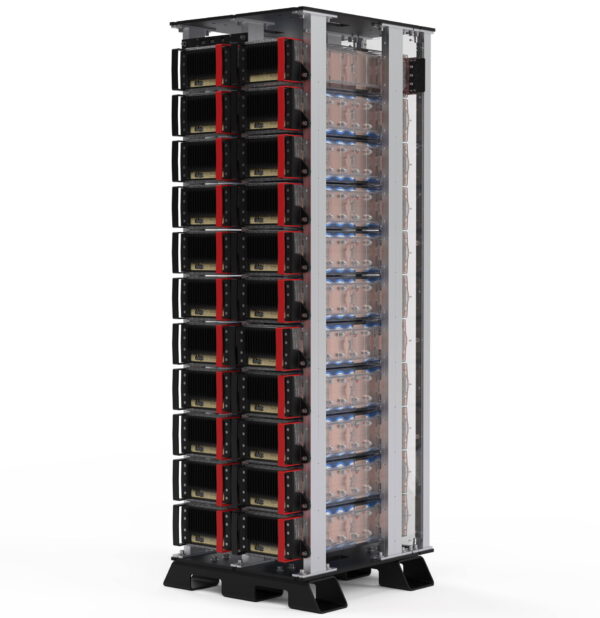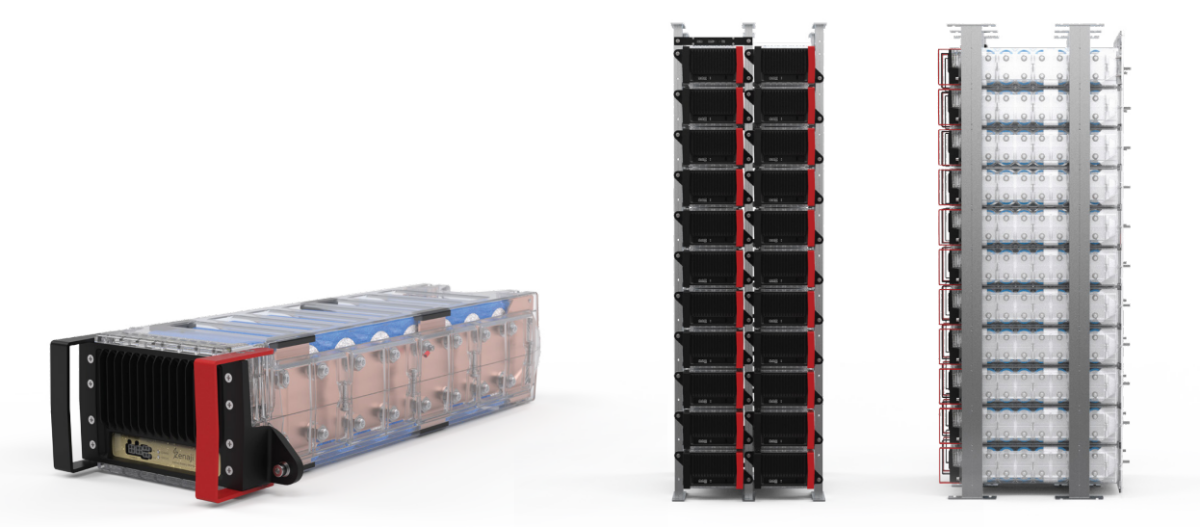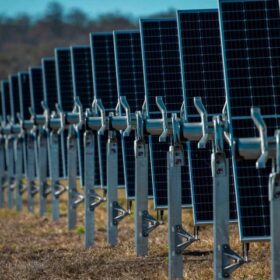Australian battery manufacturer Zenaji has launched a global licensing model that allows international partners to manufacture and rebrand its proprietary Aeon and Eternity lithium titanate oxide (LTO) energy storage systems.
Zenaji said the model marks a significant expansion in its international strategy. It is designed to enable domestic manufacturing in key global markets, support decentralised energy solutions, and strengthen local energy resilience while driving job creation and economic growth through advanced technology transfer.
Zenaji said it is potentially the first battery manufacturer in the world to introduce such a model. According to the company, it is doing so with what it calls the world’s number one battery in terms of efficiency, longevity, reliability, and safety.
Zenaji Director and Chief Technology Officer Charles van Dongen told pv magazine the LTO chemistry gives the company’s batteries a safety and performance edge.
“Zenaji’s lithium titanate oxide batteries offer safety features such as resistance to thermal runaway, rapid charging, and a significantly extended cycle life,” van Dongen said.
“Our Aeon is 2.02 kWh, and our Eternity is a scalable platform that starts at 36.3 kWh to 44.9 kWh per module, that can scale up to GW-size installations.”

Image: Zenaji
Zenaji’s licensing program has already attracted interest from potential partners across Europe, the Middle East, and the Asia-Pacific. The company aims to build a global manufacturing network, positioning its LTO technology as a cornerstone of the sustainable energy transition.
The first step in this strategy is already underway, with discussions progressing with Polish manufacturers to begin local production of Zenaji systems.
Zenaji Head of Global Distribution Simon Fawaz told pv magazine the company’s goal is to help countries like Poland grow a commercial and utility-scale manufacturing base under a domestic brand and regain energy independence.
“We are providing international partners with the instruction manual to our proprietary technology, the ability to rebrand, and access to our supply chain,” he said.
The company’s licensing model is intended to empower countries to reduce reliance on imported energy technologies and build sovereign energy storage industries, while supporting the global clean energy transition while strengthening regional economies.
“From our exposure to international markets, it is clear that many countries want the capability to build their own batteries. We are giving them that opportunity,” Fawaz said.
The model also acts as a hedge against global trade disruptions, tariffs, and unstable geopolitical environments. Zenaji sees decentralised manufacturing as a way to sidestep the supply chain bottlenecks and price shocks experienced during events like the COVID-19 pandemic.
“Trump can go one way or the other, just like the supply chain chaos we saw during COVID,” Fawaz said. “Everything went into freeze mode, and costs skyrocketed. Licensing agreements help override that risk.”

Image: Zenaji
Zenaji’s Eternity LTO batteries are engineered for long-duration, high-frequency cycling applications, including data centres, electric vehicle charging infrastructure, mining, and defence.
The company guarantees more than 22,000 charge-discharge cycles with less than 10% degradation. By contrast, conventional lithium-ion chemistries such as nickel-manganese-cobalt, lithium iron phosphate (LFP), and lithium-cobalt oxide can fall to 80% capacity after only 5,000 cycles.
“You are getting a Bugatti with the Eternity design,” Fawaz said. “Zenaji batteries can cycle 24 times per day, whereas conventional batteries can only handle one or one and a half. This makes a compelling case for critical infrastructure.”
The Zenaji battery systems are maintenance-free and feature stackable containers, offering flexible deployment for commercial and grid-scale installations.
This content is protected by copyright and may not be reused. If you want to cooperate with us and would like to reuse some of our content, please contact: editors@pv-magazine.com.









1 comment
By submitting this form you agree to pv magazine using your data for the purposes of publishing your comment.
Your personal data will only be disclosed or otherwise transmitted to third parties for the purposes of spam filtering or if this is necessary for technical maintenance of the website. Any other transfer to third parties will not take place unless this is justified on the basis of applicable data protection regulations or if pv magazine is legally obliged to do so.
You may revoke this consent at any time with effect for the future, in which case your personal data will be deleted immediately. Otherwise, your data will be deleted if pv magazine has processed your request or the purpose of data storage is fulfilled.
Further information on data privacy can be found in our Data Protection Policy.